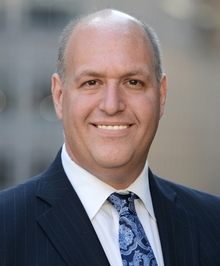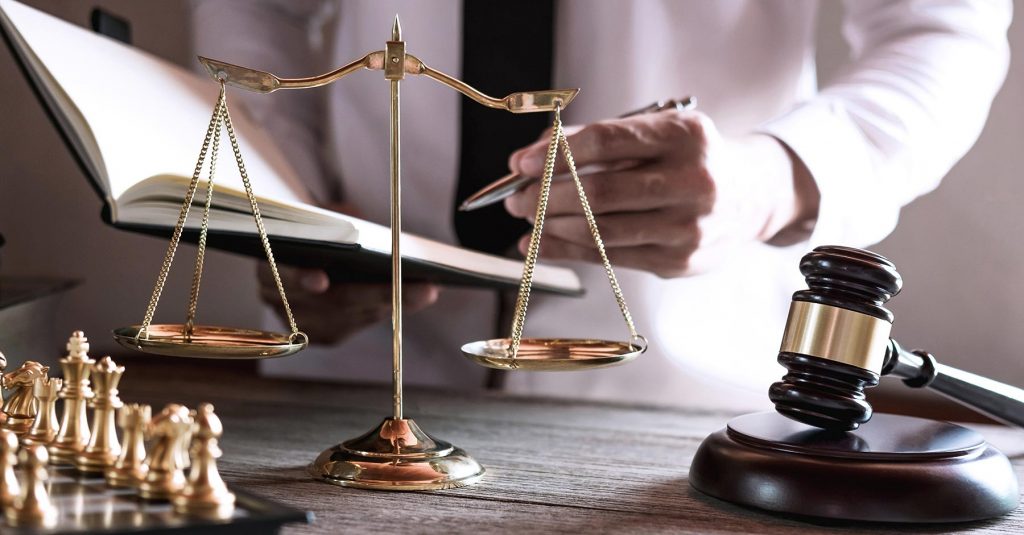
Goldstein Hall PLLC ‘s trial team of Partner, Brian J. Markowitz , Associate Daniel Goldenberg and Paralegal Melanie McFarlane, just concluded a two
day federal trial before Chief Justice Carla E. Craig of the United States Bankruptcy Court for the Eastern District of New York.
As a background, the Plaintiff-Purchaser sued five seperate Defendants-Sellers to secure the purchase of five properties that were to be sold at time of essence closings which never occurred. The fundamental question before the Court was whether it was Plaintiff-Purchaser who breached the contracts by not appearing at the closing or whether the 5 Defendants-Sellers breached the contract as a result of various alleged title issues that rendered appearing at closing futile altogether. There were more than a dozen witnesses and nearly200 exhibits to be examined at trial.to trial is a normal part of the services our litigation department provides to our clients, a virtual trial brought with it its own unique challenges. We were also excited as this trial was the first virtual trial of the Eastern District of New York and perhaps in the Second Circuit. Our trial team is excited to share our experience with you.
Of course, a virtual trial included its own technical difficulties. The Court, cognizant of these issues, was proactive in scheduling several “practice sessions”, for the attorneys and witnesses to log on and work out any issues with video and audio quality. Despite this, issues did creep up during the trial. For instance, it was hard to raise objections, as on these videos it is hard to hear when two people talk at the same time. Similarly, video issues arose during trial in that several participants did not have sufficient bandwidth to maintain both audio and video connection, which often led to either a witness, or an attorney, not being seen during questioning.
Another issue that arose was the use of exhibits. The exhibits were emailed to the witnesses in large PDF files. While we took the extra step of bookmarking our PDF, not everyone was familiar with how to navigate the bookmarks. Further, one of the PDFs was so large that it was difficult for witnesses to use, and hard to move through. Other witnesses ended up downloading the files as they were about to testify. This caused delays to the trial, and in some cases, counsel had to forgo the use of the document just to keep the questioning going. Other issues included the use of documents for impeachment purposes – because all documents had to be sent to the witnesses in advance of the trial, you could not use a new document that was not previously sent.
All in all, looking back, while fraught with several issues, we do believe the process was as smooth as a first-run can be.
If you are interested in learning more about our team’s virtual trial experience, or to discuss any other litigation issue, please contact Brian J. Markowitz at bmarkowitz@goldsteinhall.com or (646) 768-4127 or your Goldstein Hall attorney for more details.


